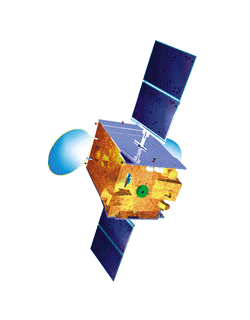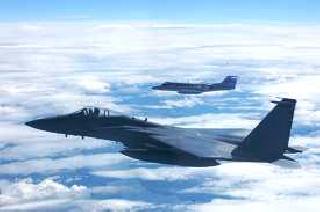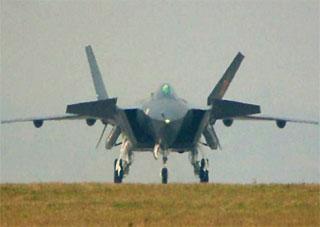
CHENNAI (PTI): ISRO on Wednesday said it plans to launch at least two large communication satellites within this calendar year to tide over the scarcity of transponders due to the failure of two consecutive GSLV missions.
The space agency has also decided to turn to the tried and tested Arianespace for the twin launches scheduled for March and December 2011.
“We are going to launch GSAT-8 and GSAT-10 this year. These two satellites will reduce the scarcity of transponders and help us reduce the backlog,” T K Alex, Director of the ISRO Satellite Centre, told reporters on the sidelines of the 98th Indian Science Congress here.
Alex said the space agency has also been hiring transponders on other satellites as a temporary solution to clear the backlog.
The 51-m tall Geosynchronous Satellite Launch Vehicle (GSLV), carrying the 2.3-tonne advanced communications satellite GSAT-5P with 36 transponders, exploded barely a minute after it blasted off from the Sriharikota spaceport last month.
This was the second consecutive failure of a GSLV mission in nine months.
On April 15, the GSLV launched using an indigenously developed cryogenic engine failed to put the GSAT-4 in orbit.
Alex said ISRO also plans to launch the RISAT, Resourcesat-2, Meghtropiques and Youthsat satellites in 2011.
He said another communication satellite GSAT-12 will also be launched using a PSLV rocket sometime in the middle of the year.
On the December failure of the GSLV, he said a committee of scientists was going into the reasons of the failure and ways to correct it.
“We will go forward with a positive attitude,” he said.
Alex said ISRO is also developing its own cryogenic engine and ground tests for the same have been planned for this year.
“There are some very particular issues and we will try to solve them this year and possibly we will come out of it. Then we will be out of the red," he said. "Next year our own GSLV should be able to carry satellites,” he added.
Alex said ISRO was also helping universities develop smaller satellites – nano satellites – which also could be used to demonstrate nascent technologies.
Five institutes – IIT-Kanpur, IIT-Mumbai, Indian Institute of Space Technology, Sathyabhama Institute and Vellore Institute of Technology – have been building nano satellites.
 Previous Article
Previous Article Next Article
Next Article













The Indian Air Force, in its flight trials evaluation report submitted before the Defence Ministry l..
view articleAn insight into the Medium Multi-Role Combat Aircraft competition...
view articleSky enthusiasts can now spot the International Space Station (ISS) commanded by Indian-American astr..
view article